Sponsored
NFT Games as a New Approach to Interactive Learning
ChainPlay
•
one year ago
Share :

One of the most noteworthy changes in the gaming business in recent years has been the emergence of Non-Fungible Token (NFT) games. NFTs have made a name for themselves in the game industry after first becoming well-known in the art and collectibles sectors. However, what if we told you that NFT games might offer benefits beyond mere amusement? Imagine a future in which kids play games to learn about complex subjects and earn achievements and valuable rewards that they can use in real life. NFT games have exactly that kind of interactive learning potential, and they may be the way education is taught in the future. Curious? Let's investigate how learning might be revolutionized via NFT games.
What Are NFT Games?
To understand how NFT games could change the way people learn, it is important to first understand what they are. In NFT gaming, the exciting parts of old video games are mixed with the blockchain technology that makes NFTs possible. In many games, players can buy, trade, and sell in-game items called NFTs, which stand for "unique digital goods that can't be replaced." In traditional games, the game developers usually own the assets. In this game, however, players own everything in it, whether it's a character, a tool, or even a piece of land.
Numerous games, such Gods Unchained, The Sandbox, and Axie Infinity, have shown how much potential NFT-based gaming has. However, these games have unintentionally taught players about ideas like decentralized finance (DeFi), cryptocurrency trading, and even blockchain security—all while they are having fun. This is where the relationship between NFT games and education starts.
How NFT Games Can Enhance Learning
So, how exactly can NFT games enhance the learning experience? The answer lies in the core mechanics of these games. Traditional educational tools—think textbooks, lectures, and even online courses—can sometimes fail to engage students, especially those who are more inclined toward interactive or experiential learning. That’s where NFT games come in, blending learning with gameplay in a way that feels natural and fun.
In addition to economics, blockchain technology itself can be taught through these games. Many NFT games require players to understand how blockchain works, including how transactions are verified, how digital ownership is maintained, and what security measures are needed to protect assets. By integrating these elements into gameplay, NFT games could provide a hands-on learning experience that’s far more engaging than traditional lectures or tutorials on the subject. Whether students need to complete a complex math assignment or ask someone to write my personal statement for me, NFT-based learning tools could make such processes more interactive and rewarding. Many NFT games are built around the concept of an economy—players trade resources, manage assets, and navigate markets. This could easily translate into educational games that teach students about economics, finance, and investment strategies. Imagine students learning about supply and demand, market fluctuations, and cryptocurrency trends, all while playing an engaging game. It's education in disguise, where learners might not even realize they’re absorbing valuable lessons.
The Role of Gamification in Education
Gamification in education is not a new concept, but NFT games take it to a whole new level. For years, educators have recognized that incorporating game-like elements such as points, badges, and leaderboards can motivate students to engage more deeply with learning materials. However, NFT games go beyond gamification—they introduce real-world value into the mix.
In traditional educational games, rewards like virtual badges or gold stars serve as symbols of achievement, but they don’t carry any tangible value. NFT games, on the other hand, allow students to earn real, tradable assets. These assets could be NFTs that represent certificates of completion, badges, or even rare digital items that they can keep as a portfolio of their achievements.
The potential for real ownership and economic incentives could dramatically increase motivation. Imagine a student earning an NFT after completing a complex task in a math-based game—an NFT that could be displayed on their online profile, traded, or even sold in the future. This transforms education from a passive activity into an active, rewarding experience where students are not just learning, but also building a digital resume of their achievements.
Real-Life Applications: Success Stories and Case Studies
Let's examine some real-world scenarios in which NFT games are employed as teaching tools. Among the most well-known instances is CryptoKitties, which began as a straightforward game in which users could purchase, trade, and breed virtual cats, each of which was represented by an NFT. Although this seems like a completely recreational pastime, it actually provided gamers with an approachable introduction to the world of blockchain. Users gained knowledge about blockchain ownership, digital scarcity, and smart contract functionality without feeling as though they were being lectured.
In a similar vein, players may create, own, and profit from their virtual world gaming experiences using The Sandbox. The Sandbox is a platform that teaches users valuable lessons about digital asset management and innovation in the virtual market, even if its primary purpose is pleasure. Gamers can learn the principles of programming and game design by making their own NFT-based objects or even whole games.
Educational platforms could take a page from these games and create their own NFT-based learning environments. For example, a virtual classroom where students can earn NFT certificates after completing a module, or a financial literacy game where players trade assets to simulate market behaviors, could provide both engagement and a real understanding of complex topics.
Challenges and Considerations
Despite the clear potential of NFT games in education, there are a few challenges and considerations that must be addressed. First, accessibility is a major concern. Many NFT games require players to purchase NFTs or cryptocurrency to participate fully, which could pose a financial barrier for students from low-income backgrounds. Additionally, the technological requirements for blockchain-based games might limit access for those without advanced computers or a stable internet connection.
Another concern is the environmental impact of blockchain technology. Some blockchains, like Ethereum, which many NFT games rely on, are notorious for their high energy consumption. As the world grapples with climate change, the educational sector will need to weigh the benefits of NFT-based learning tools against their environmental cost.
Lastly, there are ethical considerations around the commercialization of education. While it’s exciting to think about students earning valuable assets through gameplay, it’s essential to ensure that education remains accessible to all, regardless of their financial status or ability to invest in NFTs.
Conclusion
NFT games offer an exciting new avenue for interactive learning, combining the engaging aspects of gaming with the ownership and economic incentives of blockchain technology. They have the potential to teach complex subjects like economics, blockchain, and programming in a way that feels intuitive and fun. While there are challenges to overcome—such as accessibility and environmental concerns—the future of NFT games in education looks promising. By tapping into the inherent motivation provided by gamification, NFT games could revolutionize how we learn, turning passive education into an active, rewarding experience.
The journey has just begun, and as NFT technology continues to evolve, so too will its applications in education. Could this be the start of a new era in learning? Only time will tell, but one thing’s for sure—NFT games are making education more interactive, engaging, and valuable than ever before.
Author’s Bio
Scott Witter is an experienced content writer with a strong focus on academic writing and research-based projects. He specializes in crafting clear and compelling essays, articles, and educational content, ensuring every piece is well-researched and tailored to meet the specific needs of readers. With a keen eye for detail and a passion for delivering high-quality work, Scott consistently creates engaging, informative content that resonates with a wide audience.
Share this article
#Other
Latest News
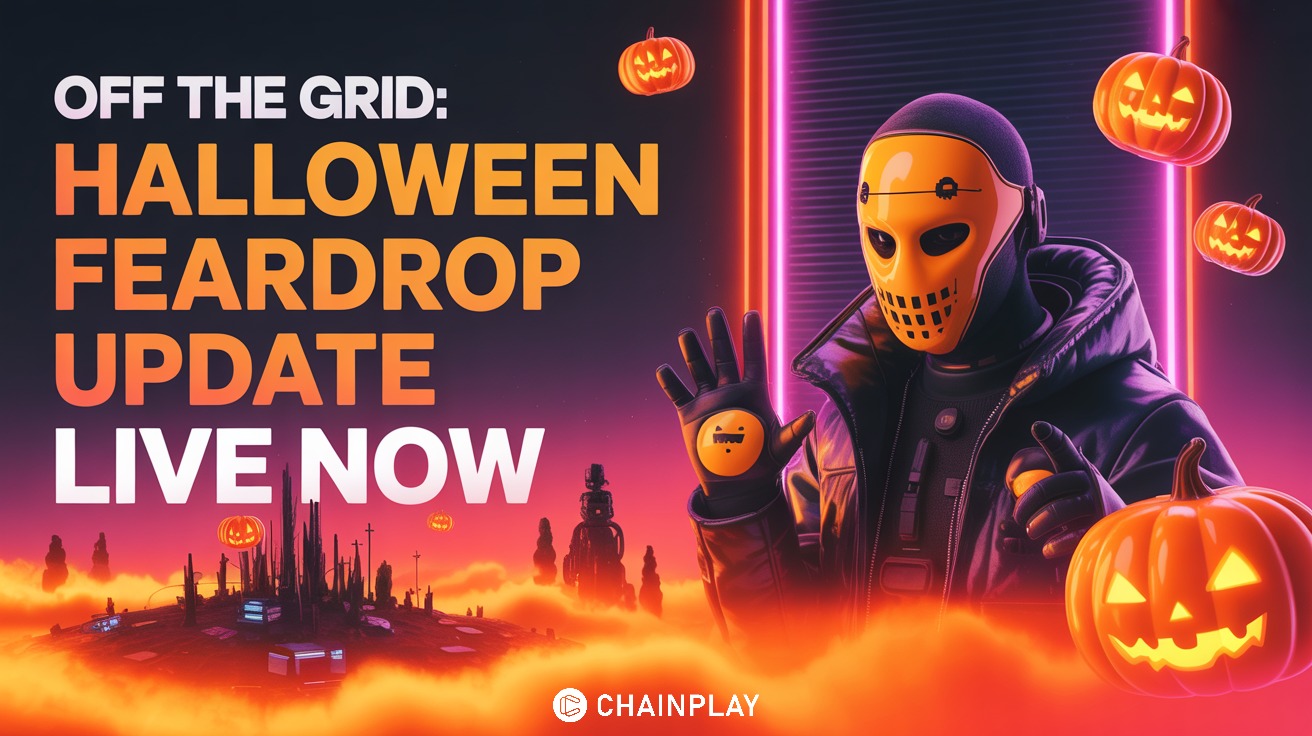
Off The Grid Halloween Feardrop Update Brings Spooky
14 hours ago
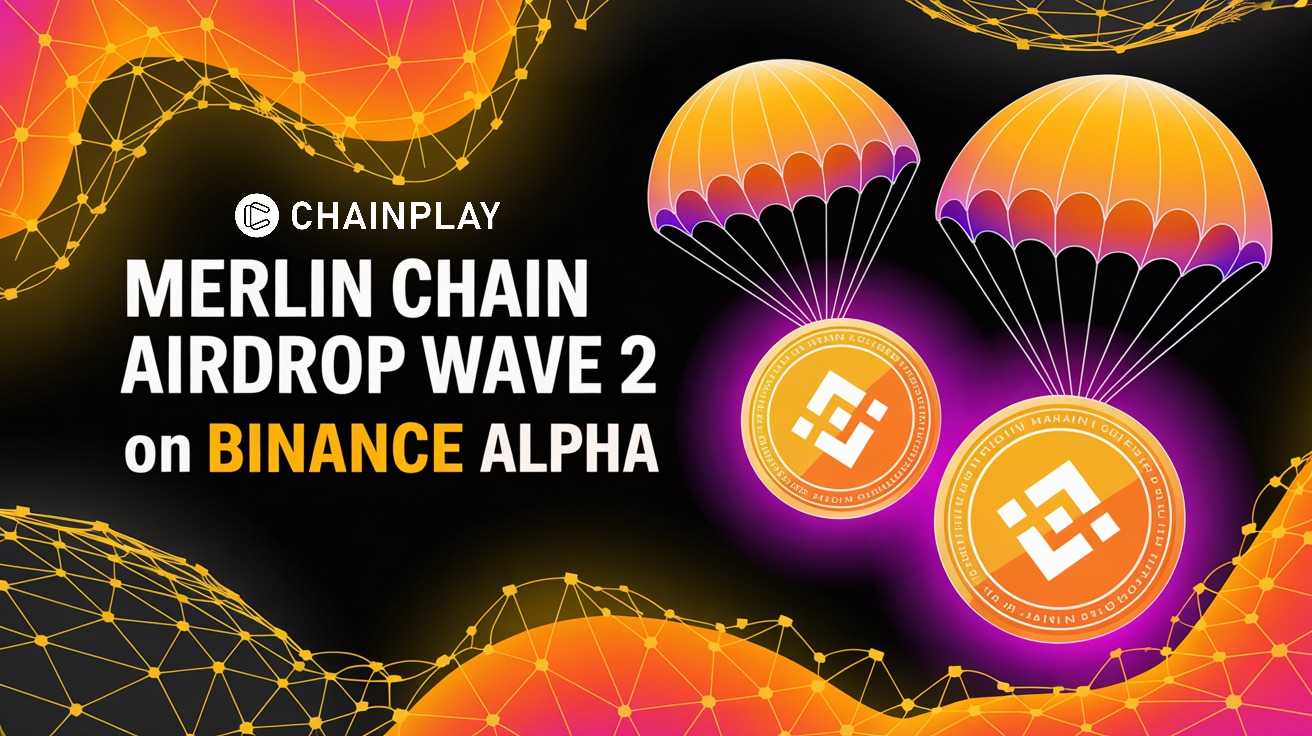
Binance Alpha Merlin Chain (MERL) Airdrop Rewards Wave
14 hours ago
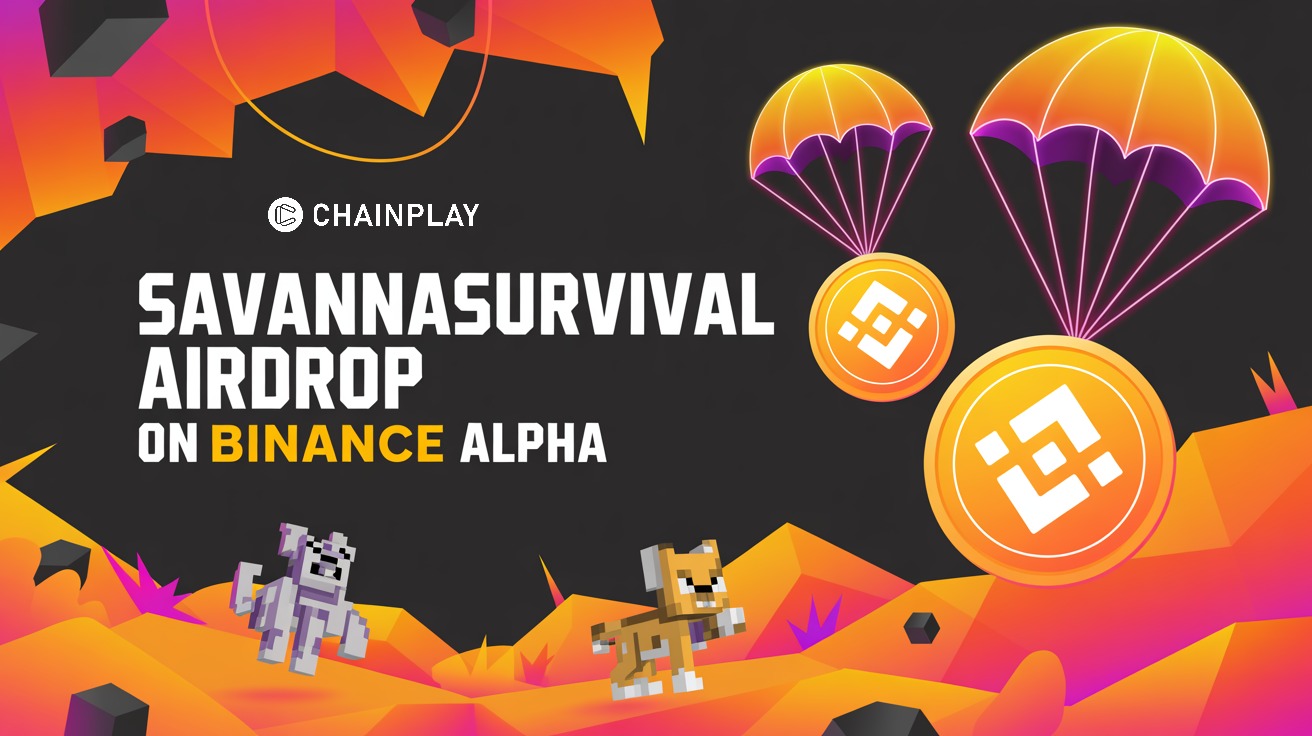
Binance Announces Alpha Launch and Airdrop for SavannaSurvival
16 hours ago
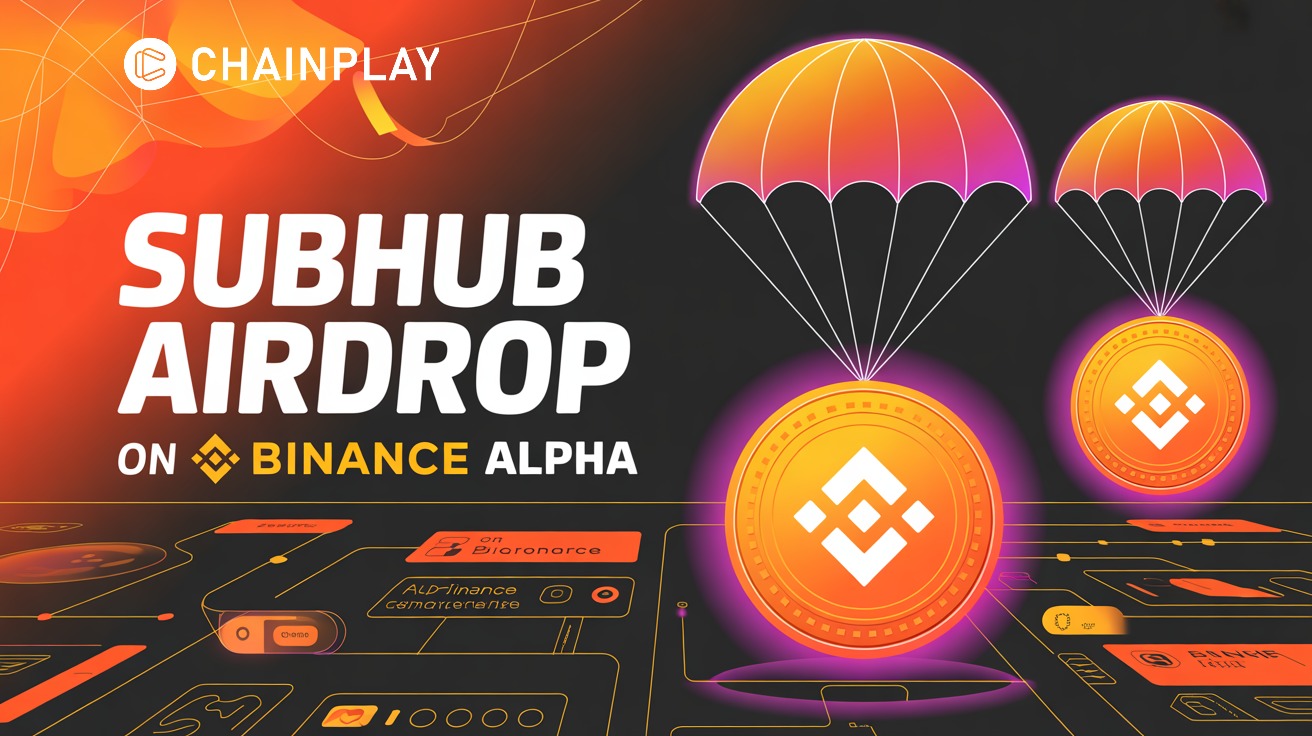
Binance Announces Alpha Launch and Exclusive Airdrop
2 days ago
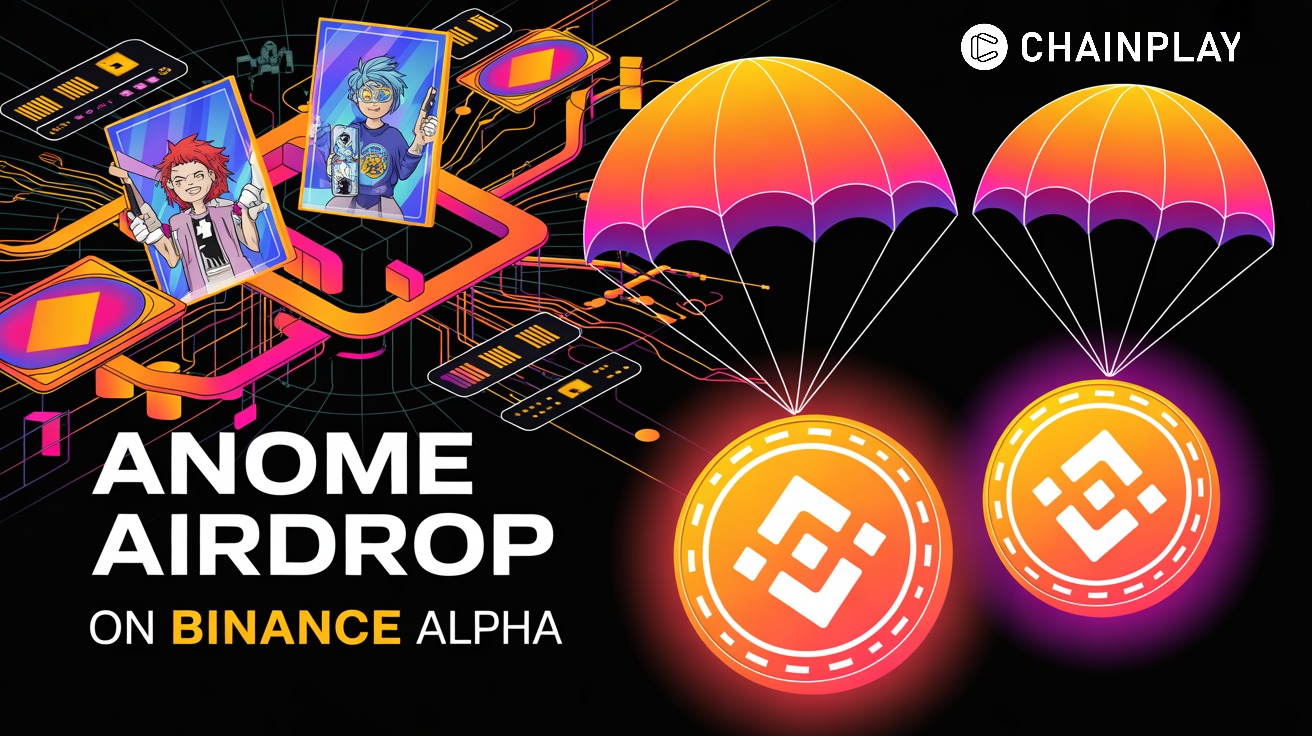
Anome (ANOME) To Launch on Binance Alpha on October
2 days ago
Related articles

Discover how MasterQuant’s AI trader transforms investing in 2025 with automated strategies, real-time analysis, and a $100 trial bonus.
ChainPlay
•
12 days ago
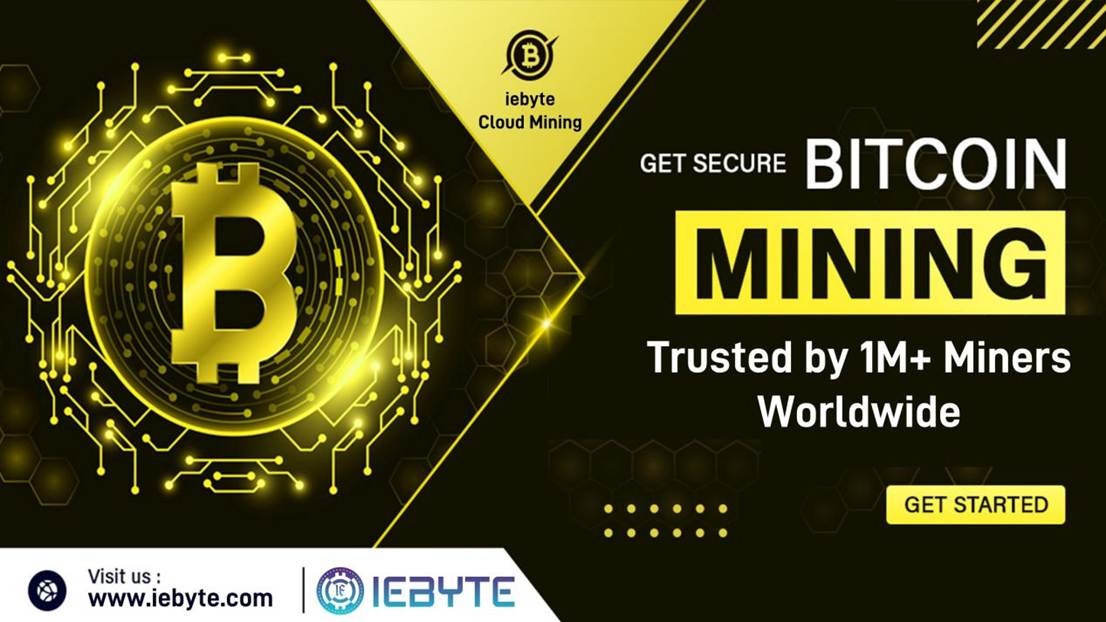
Start with IEByte Cloud Mining 2025 — the easiest way to earn Bitcoin and Dogecoin without hardware. Simple setup, fast payouts, and eco-friendly mining.
ChainPlay
•
8 days ago
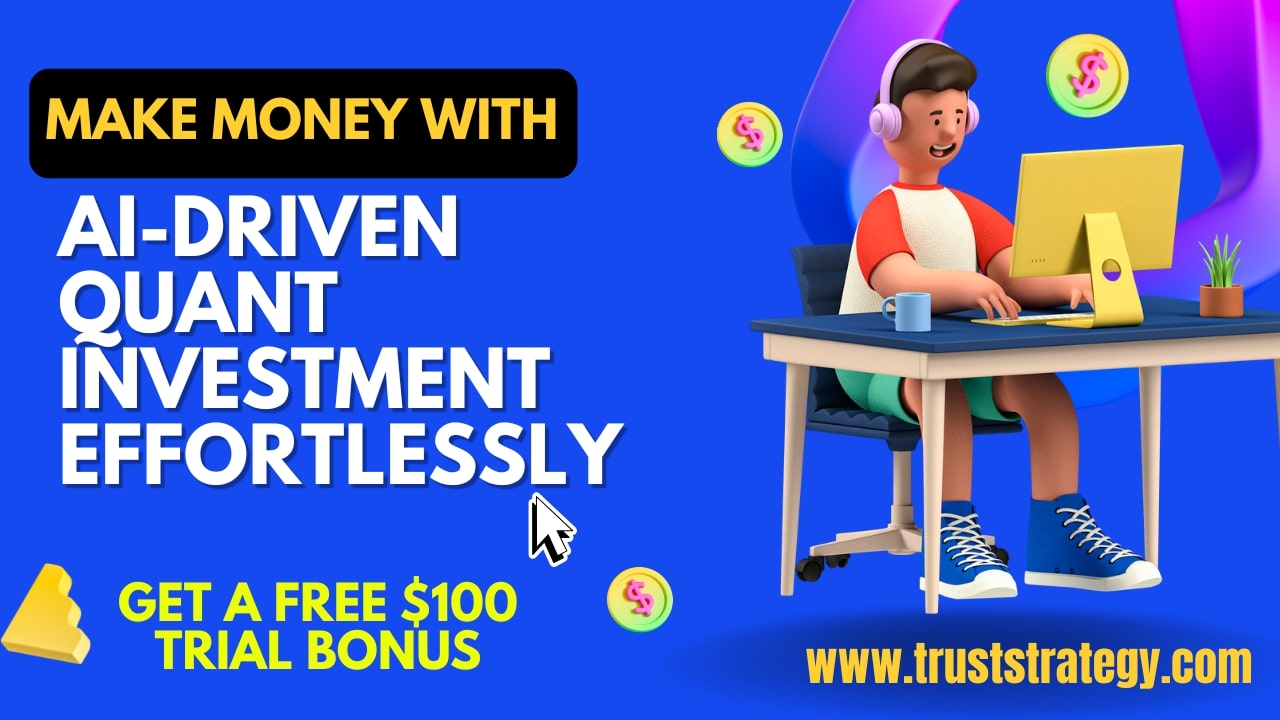
Turn simple investing into smart growth with TrustStrategy's AI trading bot. Get a $100 trial bonus, 5% referral commissions, and instant withdrawals. Automated for everyone.
ChainPlay
•
4 days ago



